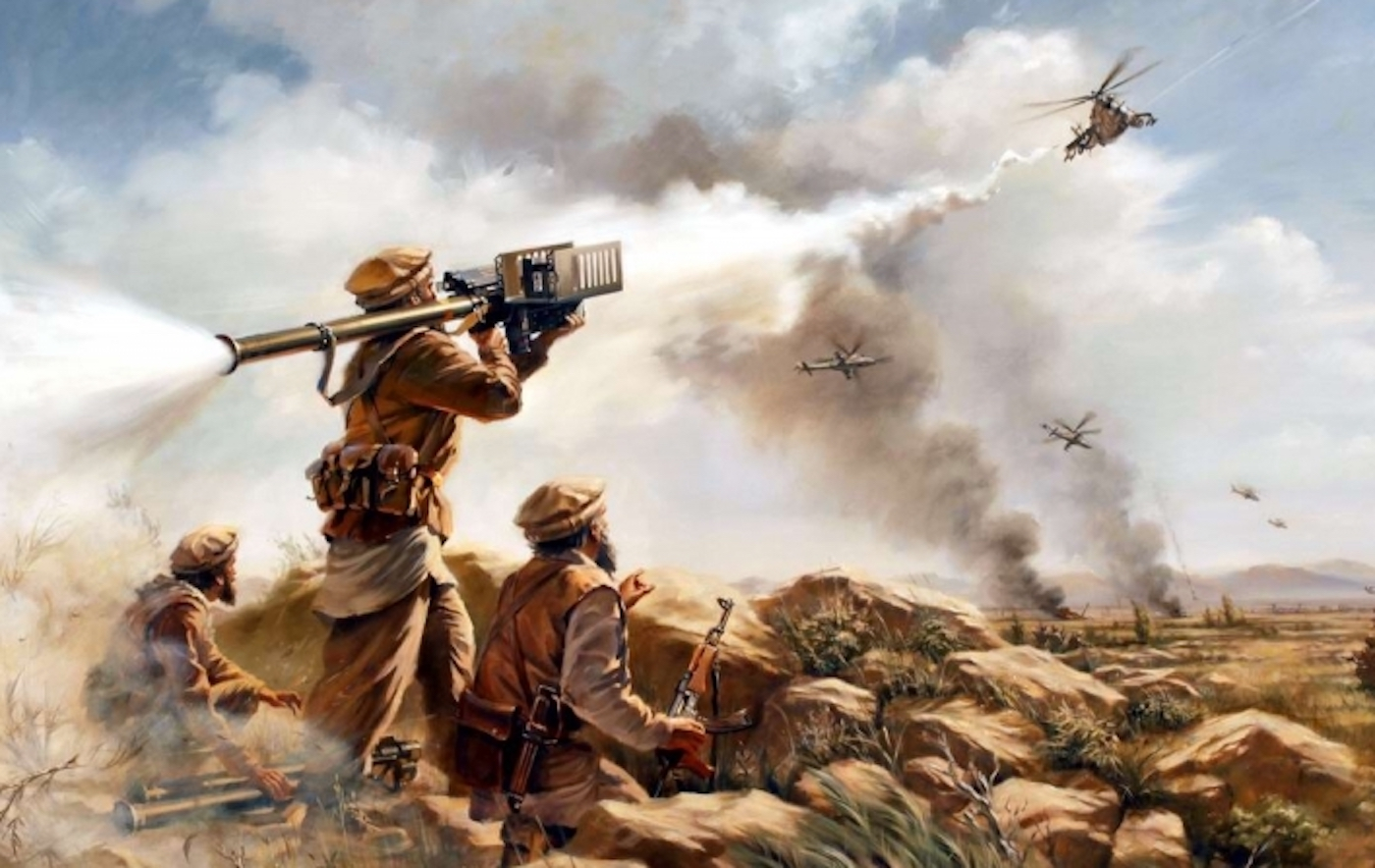by Paul Fitzgerald and Elizabeth Gould
Conor Tobin’s January 9, 2020, Diplomatic History[1] article titled: The Myth of the ‘Afghan Trap’: Zbigniew Brzezinski and Afghanistan[2] attempts to “dismantle the notion that President Jimmy Carter, at the urging of National Security Advisor Zbigniew Brzezinski, aided the Afghan Mujahedin intentionally to lure the Soviet Union into invading Afghanistan in 1979.”
As Todd Greentree acknowledges in his July 17, 2020 review of Tobin’s article, the stakes are high because the “the notion” calls into question not just President Carter’s legacy, but the conduct, the reputation, and the “strategic behavior of the United States during the Cold War and beyond.”[3]
Central to the issue of what Tobin refers to as “the Afghan Trap thesis,” is French journalist Vincent Jauvert’s infamous January 1998 Nouvel Observateur interview with Brzezinski in which he brags about a secret program launched by him and President Carter six months before the Soviet invasion “that had the effect of drawing the Russians into the Afghan trap…” “According to the official version of history, CIA aid to the Mujahideen began during 1980, that is to say after the Soviet army invaded Afghanistan, 24 Dec 1979.
But the reality, secretly guarded until now, is completely otherwise.” Brzezinski is on record as saying. “Indeed, it was July 3, 1979, that President Carter signed the first directive for secret aid to the opponents of the pro-Soviet regime in Kabul. And that very day, I wrote a note to the president in which I explained to him that in my opinion, this aid was going to induce a Soviet military intervention.”[4]
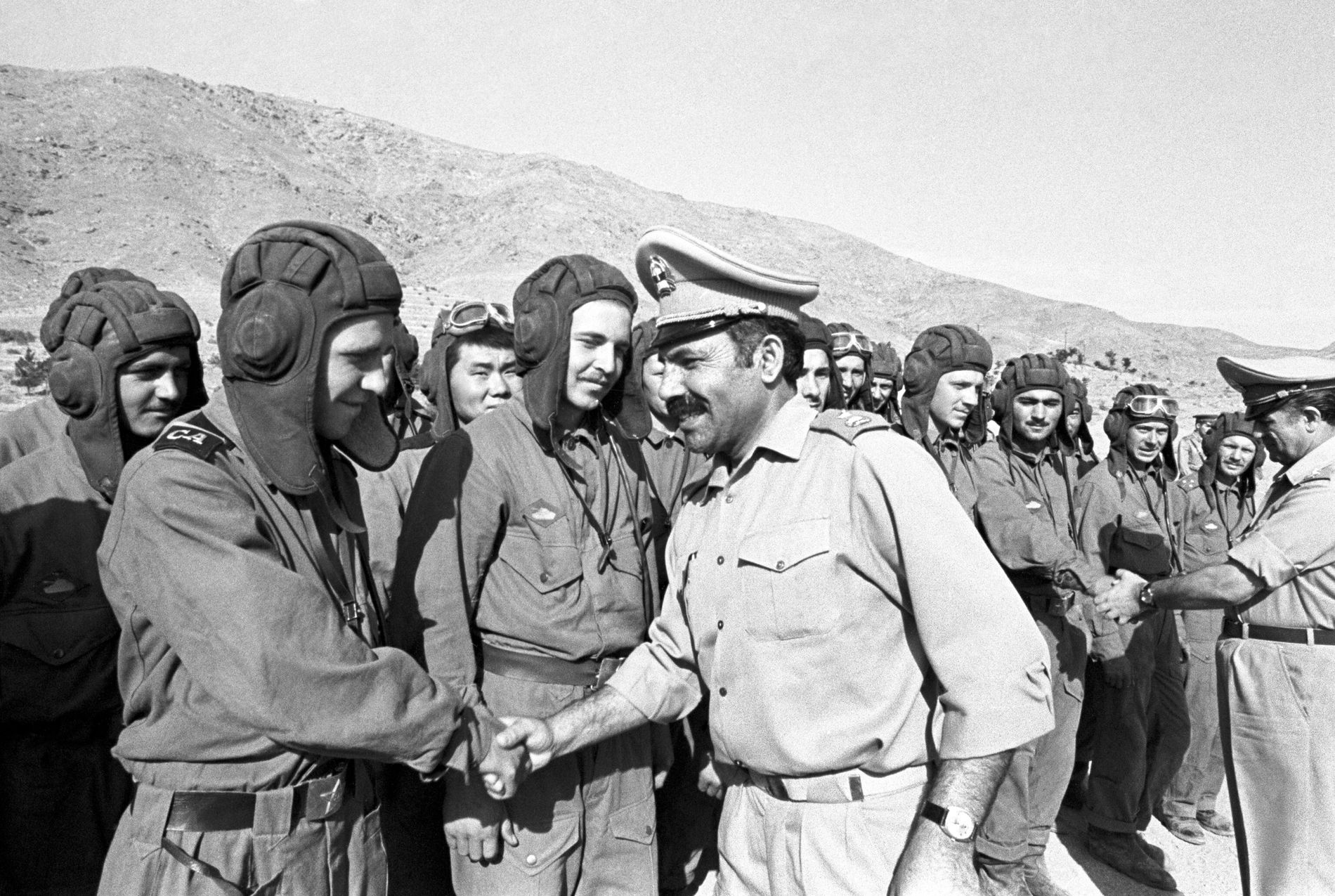
Despite the fact that the secret program had already been revealed by the CIA’s former chief of the Directorate of Operations for the Near East and South Asia Dr. Charles Cogan and former CIA Director Robert Gates and was largely ignored, Brzezinski’s admission brings attention to a glaring misconception about Soviet intentions in Afghanistan that many historians would rather leave unexplained.
From the moment Brzezinski’s interview appeared in 1998, there has been a fanatical effort on both the left and the right to deny its validity as an idle boast, a misinterpretation of what he meant, or a bad translation from French to English.
Brzezinski’s admission is so sensitive amongst the CIA’s insiders, that Charles Cogan felt it necessary to come out for a Cambridge Forum discussion of our book on Afghanistan Invisible History: Afghanistan’s Untold Story[5] in 2009 to claim that even though our view that the Soviets were reluctant to invade was authentic, Brzezinski’s Nouvel Observateur interview had to be wrong.
Tobin expands on this complaint by lamenting that the French interview has so corrupted the historiography as to have become the almost sole basis to prove the existence of a plot to lure Moscow into the “Afghan Trap.” He then goes on to write that since Brzezinski asserts the interview was technically not an interview but excerpts from an interview and was never approved in the form it appeared and that since Brzezinski has subsequently repeatedly denied it on numerous occasions—“the ‘trap’ thesis has little basis in fact.”[6] Tobin then proceeds to cite official documents to prove that “Brzezinski’s actions through 1979 exhibited a meaningful effort to dissuade [emphasis added] Moscow from intervening…
In sum, a Soviet military intervention was neither sought nor desired by the Carter administration, and the covert program initiated in the summer of 1979 is insufficient to charge Carter and Brzezinski with actively attempting to ensnare Moscow in the ‘Afghan trap.’”
So what does this reveal about a secret U.S. government operation taken six months prior to the Soviet invasion of December 1979 and not bragged about by Brzezinski until January 1998?
To summarize Tobin’s complaint; Brzezinski’s alleged boast of luring the Soviets into an “Afghan trap” has little basis in fact. Brzezinski did say something but what—is not clear, but whatever he said, there is no historical record of it, and anyway it wasn’t enough to lure the Soviets into Afghanistan because he and Carter didn’t want the Soviets to invade anyway because it would jeopardize détente and the SALT II negotiations. So what’s all the fuss about?
Tobin’s assumption that the President of the United States and his CIA would never intentionally set out to exacerbate the Cold War in the middle of such a hostile environment, may reveal more about Conor Tobin’s bias than his understanding of what Brzezinski’s strategy of confrontation was all about. To read his article is to step through the looking glass into an alternative universe where (to paraphrase T.E. Lawrence) facts are replaced by daydreams and the dreamers act out with their eyes wide open. From our experience with Afghanistan and the people who made it happen, Tobin’s “valuable service of traditional diplomatic history” (as quoted from Todd Greentree’s review) does no service to history at all.
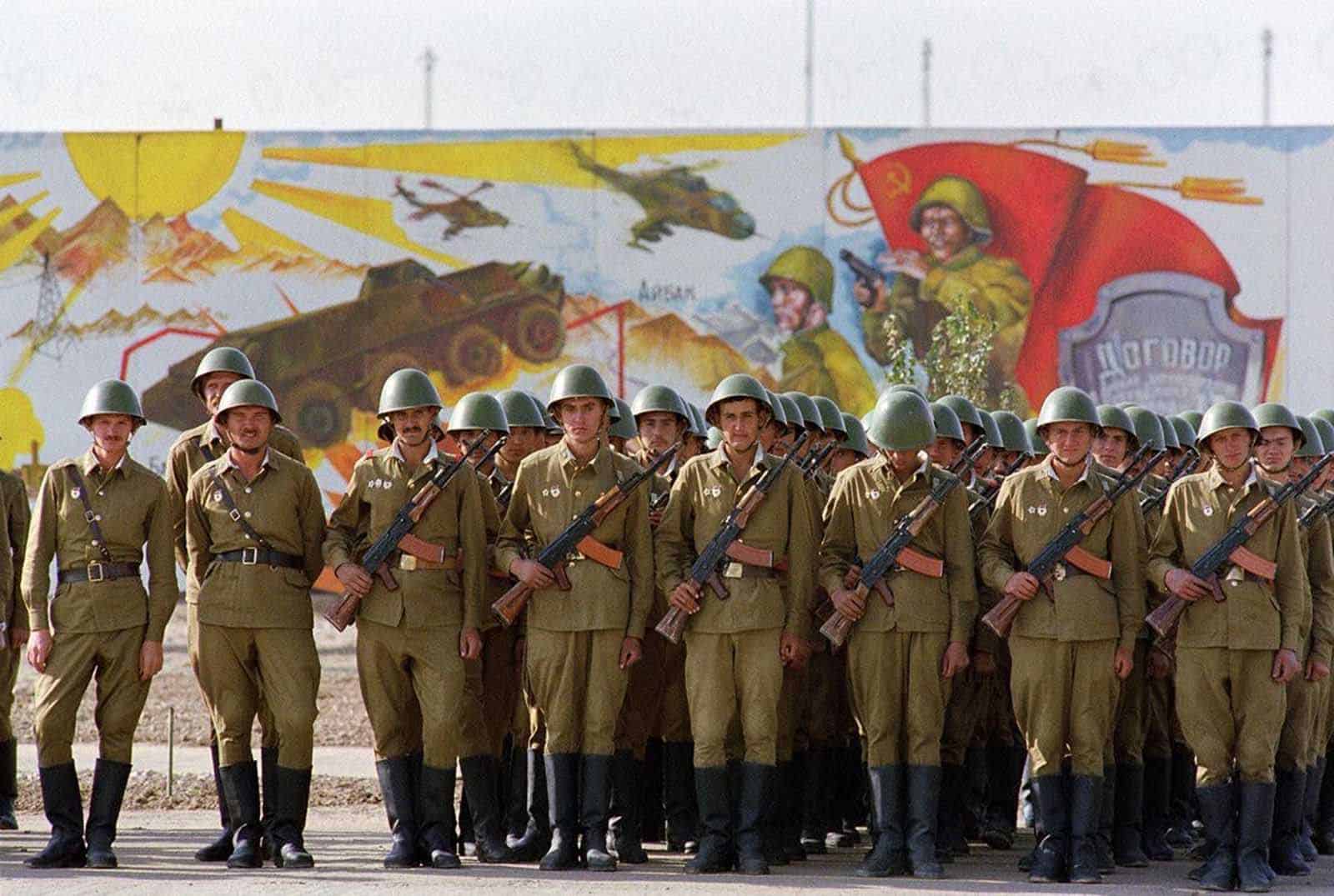
Looking back at what Brzezinski admitted to in 1998 doesn’t require a top-secret clearance to verify. The Great Game-like motivations behind the Afghan trap thesis were well known at the time of the invasion to anyone with an understanding of the history of the region’s strategic value.
M.S. Agwani of the Jawaharlal Nehru School of International Studies stated as much in the October-December 1980 issue of the Schools Quarterly Journal citing a number of complicating factors that support the Afghan trap thesis: “Our own conclusion from the foregoing is twofold. First, the Soviet Union had in all probability walked into a trap laid by its adversaries. For its military action did not give it any advantage in terms of Soviet security which it did not enjoy under the previous regimes.
On the contrary, it can and does affect its dealings with the Third World in general and the Muslim countries in particular. Secondly, the strong American reaction to Soviet intervention cannot be taken as proof of Washington’s genuine concern about the fate of Afghanistan. It is indeed possible to argue that its vital interests in the Gulf would be better served by an extended Soviet embroilment with Afghanistan inasmuch as the latter could be taken advantage of to ostracize the Soviets from that region.
The happenings in Afghanistan also seem to have come in handy for the United States to increase its military presence in and around the Gulf substantially without evoking any serious protest from the littoral states.”[7]
Whenever questioned over the nearly two decades after the Nouvel Observateur article appeared until his death in 2017, Brzezinski’s responses to the accuracy of the translation often varied from acceptance to rejection to somewhere in between which should raise questions about relying too heavily on the veracity of his reflections. Yet Conor Tobin chose to cite only a 2010 interview with Paul Jay of the Real News Network [8] in which Brzezinski denied it, to make his case. In this 2006 interview with filmmaker Samira Goetschel[9] he states that it’s a “very free translation,” but fundamentally admits the secret program “probably convinced the Soviets, even more, to do what they were planning to do.”
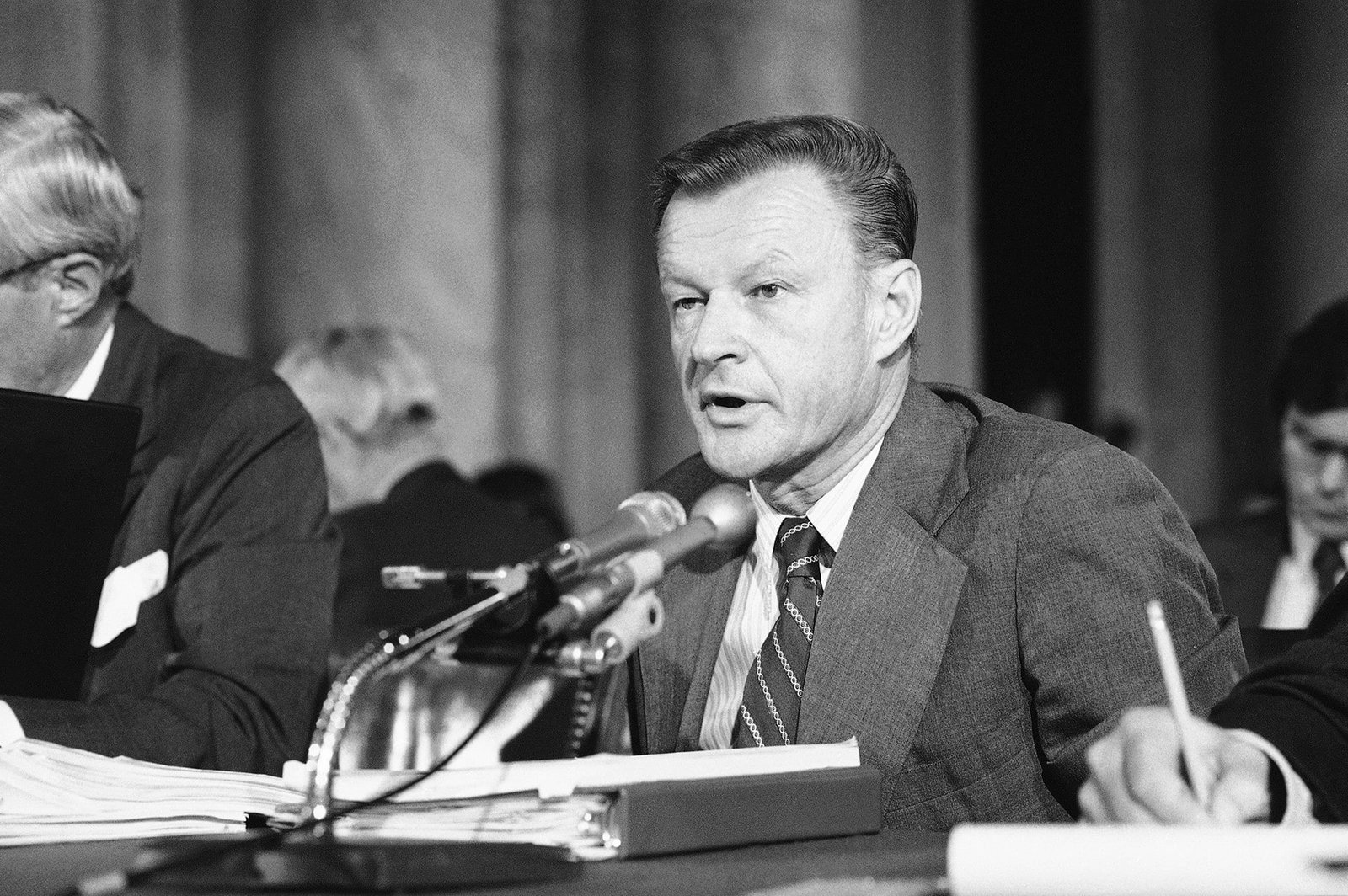
Brzezinski defaults to his long-held ideological justification (shared with neoconservatives) that since the Soviets were in the process of expanding into Afghanistan anyway as part of a master plan for achieving hegemony in Southwest Asia and the Gulf oil-producing states, [10] (a position rejected by Secretary of State Cyrus Vance) the fact that he might have been provoking an invasion was of little significance.
Having dispensed with the implications of Brzezinski’s exact words, Tobin then blames the growth and acceptance of the Afghan trap thesis largely on an over-reliance on Brzezinski’s “reputation” which he then proceeds to dismiss by citing Brzezinski’s “post-invasion memos [which] reveal a concern, not opportunity, which belies the claim that inducing an invasion was his objective.”[11]
But to dismiss Brzezinski’s well-known ideological motivation to undermine U.S./Soviet relations at every turn is to miss the raison d’être of Brzezinski’s career prior to the collapse of the Soviet Union. Accepting his denials at face value ignores his role in bringing the post-Vietnam neoconservative agenda (known as Team B) into the White House not to mention the opportunity to permanently shift American foreign policy into his anti-Russian ideological worldview by provoking the Soviets at every step.
Anne Hessing Cahn, currently Scholar in Residence at American University who served as Chief of the Social Impact Staff at the Arms Control and Disarmament Agency from 1977–81 and Special Assistant to the Deputy Assistant Secretary of Defense 1980–81, had this to say about Brzezinski’s reputation in her 1998 book, Killing Détente:
“When President Carter named Zbigniew Brzezinski as his national security advisor, it was foreordained that détente with the Soviet Union was in for rough times. First came the March 1977 ill-fated arms control proposal, which departed from the Vladivostok Agreement[12] and was leaked to the press before it was presented to the Soviets.
By April Carter was pressing NATO allies to rearm, demanding a firm commitment from all NATO members to start increasing their defense budgets by 3 percent per year. In the summer of 1977 Carter’s Presidential Review Memorandum-10[13]called for an ‘ability to prevail’ if war should come, wording that smacked of the Team B view.” [14]
Within a year of taking office, Carter had already signaled the Soviets multiple times that he was turning the administration away from cooperation to confrontation and the Soviets were listening. In an address drafted by Brzezinski and delivered at Wake Forest University on March 17, 1978, “Carter reaffirmed American support for SALT and arms control, [but] the tone was markedly different from a year earlier. Now he included all the qualifiers beloved by Senator Jackson and the JCS…
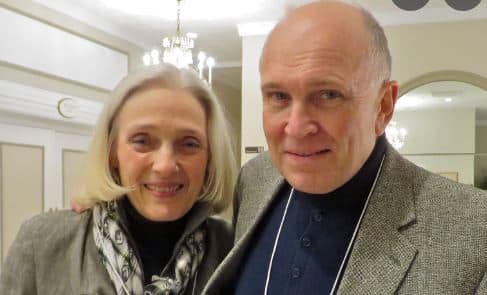
Paul Fitzgerald and Elizabeth Gould are authors of Invisible History: Afghanistan’s Untold Story, published by City Lights (2009), Crossing Zero The AfPak War at the Turning Point of American Empire, published by City Lights (2011). Their novel The Voice, was published in 2001. Their memoir, The Valediction Three Nights of Desmond (2021) and The Valediction Resurrection (2022) was published by TrineDay. For more information visit invisiblehistory , grailwerk and valediction.net
ATTENTION READERS
We See The World From All Sides and Want YOU To Be Fully InformedIn fact, intentional disinformation is a disgraceful scourge in media today. So to assuage any possible errant incorrect information posted herein, we strongly encourage you to seek corroboration from other non-VT sources before forming an educated opinion.
About VT - Policies & Disclosures - Comment Policy

